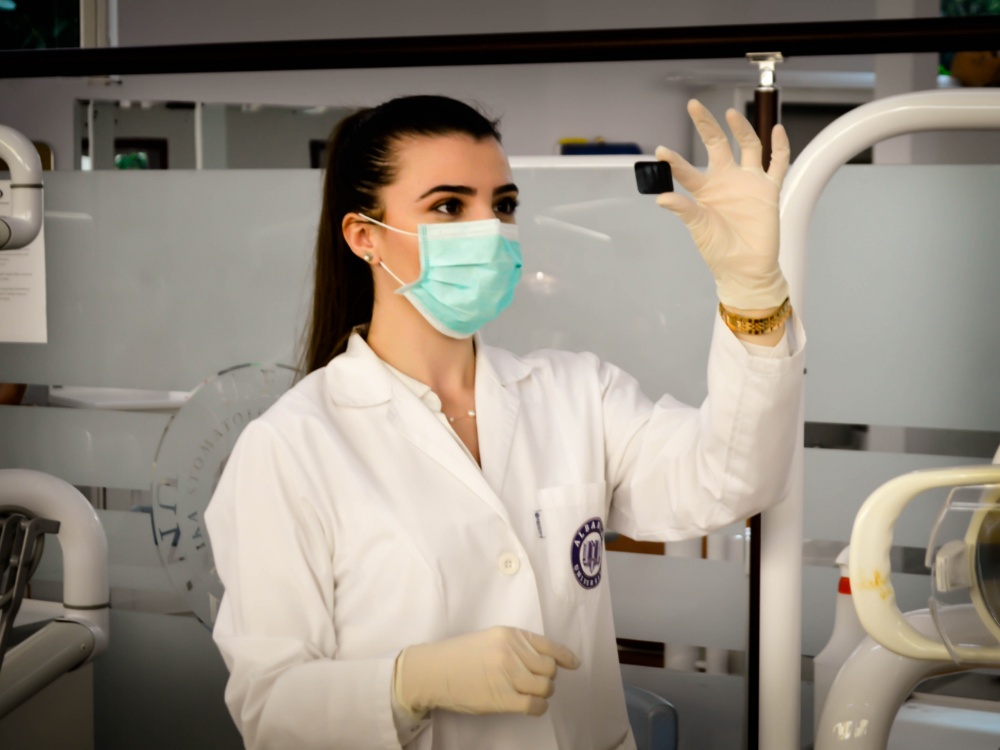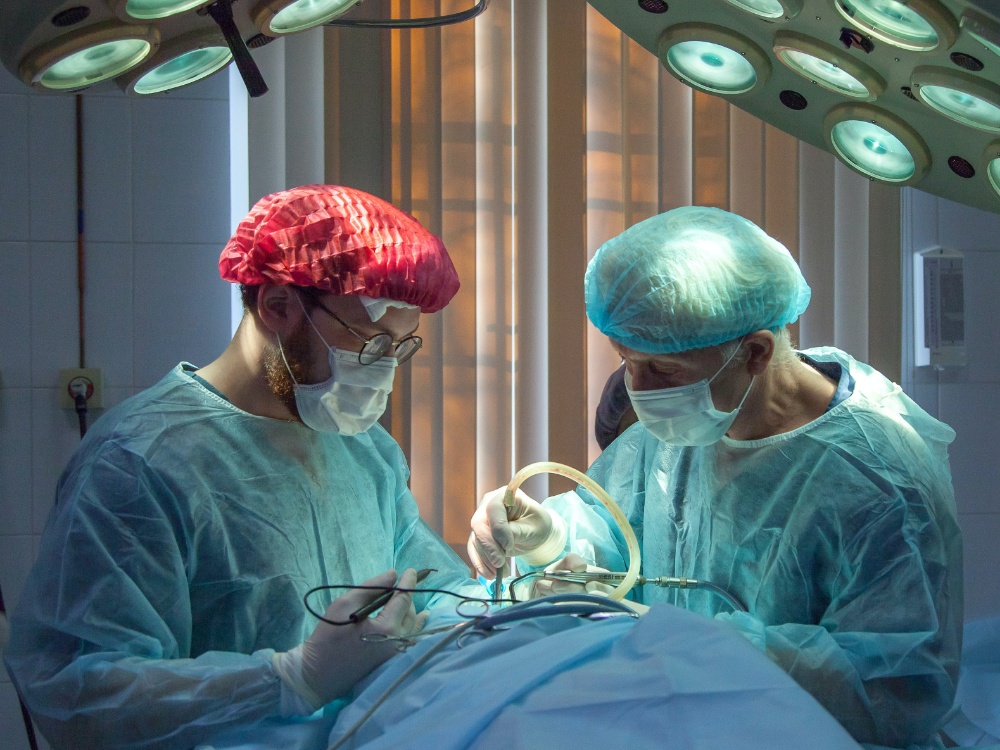Sunlight is essential to life because it helps crops and plants grow and keeps people warm. Additionally, there is growing evidence to support the numerous health benefits of sunlight, which many people enjoy feeling.
People are being more cautious about spending time in the sun because they are aware that too much exposure to UV radiation from the sun can lead to skin cancer.
However, just as it is essential for people to take precautions against overexposure to the sun, they should also ensure that they get enough of it to reap the health benefits. People can enjoy the mental health benefits of a sunny day without putting themselves in danger by achieving the right balance in their vitamin D intake.
Read on for more information about the various health benefits of sunlight.
The most well-known health benefits of sunlight include starting the body’s production of vitamin D. Vitamin D3 is produced when UVB rays interact with the 7-DHC protein on human skin.
Vitamin D can be obtained through diet and supplements, but exposure to sunlight is a significant source of this vital nutrient. Vitamin D is required for the body to carry out important biological processes. Among its advantages are Trusted Source:
maintaining strong bones, controlling calcium levels, reducing inflammation, strengthening the immune system, and improving glucose metabolism. Sun exposure has been linked to lower blood pressure and lower death rates from cardiovascular diseases, according to researchers. They suggest that exposing the skin to sunlight causes it to release nitrogen oxide stores. This makes the arteries dilate, which lowers blood pressure and may lessen the effects of metabolic syndrome.
Increased sun exposure may also protect individuals from the following diseases, according to additional research:
Multiple sclerosis (MS), type 1 diabetes, a number of cancers, including non-Hodgkin lymphoma and colon, breast, and prostate cancer, Sunlight also helps people sleep better and regulates their circadian rhythms by regulating the levels of serotonin and melatonin.
Here, you can learn more about the health advantages of sleep.
Being in the sun by and large encourages individuals, and there are numerous logical purposes behind this impact.
One of these is that human skin produces beta-endorphins, a pain-relieving hormone, when exposed to UVB rays. Their different advantages include:
promoting a sense of well-being and improving mood, strengthening the immune system, relieving pain, encouraging relaxation, assisting in the healing of wounds, encouraging people to feel more alert, and increasing job satisfaction. According to a trusted source, when a person’s workplace has access to sunlight, vitamin D can reduce depression.
Why do some people struggle with lack of sunlight?
Many people find it difficult to go days without sunlight, but some find it more difficult to give up the mental health benefits of sunlight than others. According to the National Institute of Mental Health, a Trusted Source, the following characteristics increase the likelihood of developing seasonal affective disorder (SAD) and depression:
having a family member who has SAD; having a history of depression, ADHD, anxiety, or other mental disorders; living far from the equator; and the fact that 4 out of 5 people with SAD are women.
SAD and depression SAD is a particular kind of depression. When the days get shorter, the symptoms get worse or worsen, but when the days get longer, they get better.
This indicates that SAD sufferers in the northern hemisphere will experience their worst symptoms in January and February. SAD may affect 1.5–9% of Americans, according to researchers.
SAD is a diagnosable condition that can have a significant impact on people’s mental health, despite the fact that the “winter blues” are common.
SAD, like other forms of depression, makes it difficult for people to go about their daily lives and can lead to a low mood that can seem impossible to overcome. People may have difficulty thinking, lose interest in activities they once enjoyed, or feel worthless. They may likewise see changes to their resting and dietary patterns.










